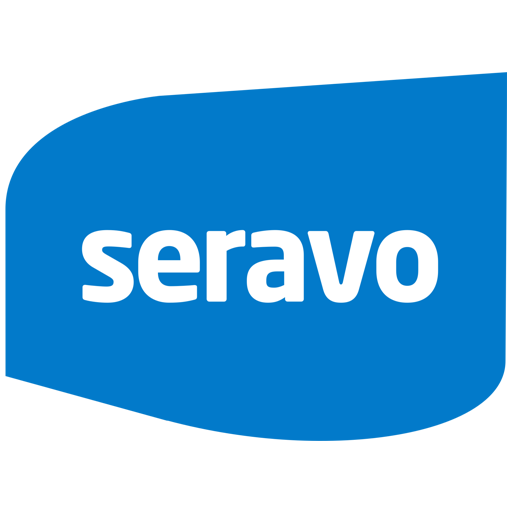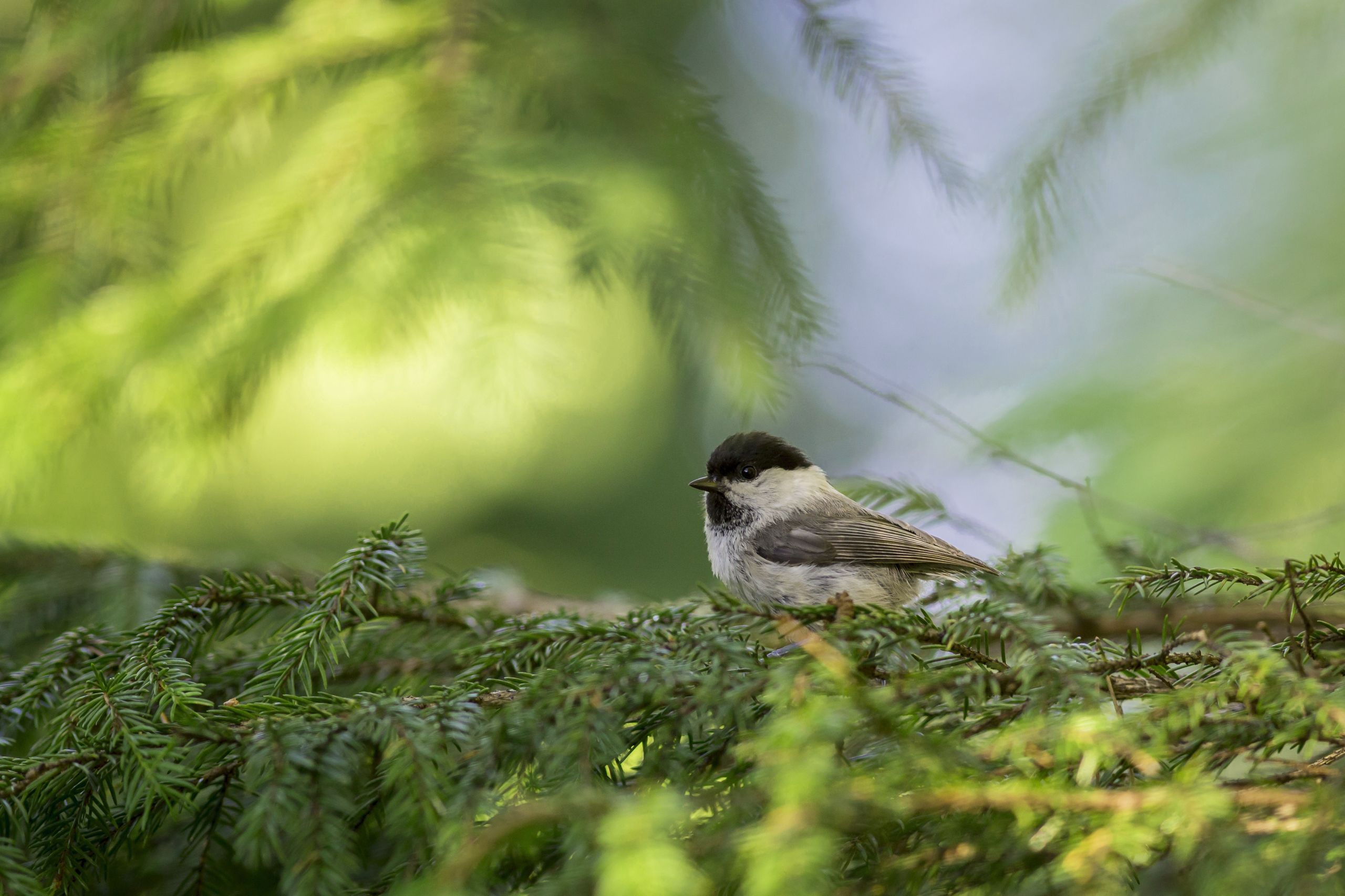Black Friday approaches once again, which marks the most important and busiest time of year for many retailers, both online and offline. On Black Friday, November 24, things will be a bit different for Seravo this year.
Seravo Supports The Finnish Association for Nature Conservation
What is Green Friday?
This year at Seravo we will not be running a Black Friday campaign, but we will be promoting Green Friday instead. The aim of Green Friday is to draw attention to consumerism and environmental sustainability in a similar way to Buy Nothing Day. It is a way for individuals and businesses to support charities, reflect on their own spending habits or simply spend time in nature or with loved ones. Green Friday values are about giving, not buying.
Seravo’s Green Friday Campaign
Seravo is fast, secure green and real – we want to encourage others to think about nature too! For each plan sold on November 24 in 2023, Seravo will donate 10% of the price to The Finnish Association for Nature Conservation (FNAC) to help stop nature and habitat loss. To participate in the campaign, our customers need not take any extra steps – all that is required is to fill in our order form and send it in during Friday.
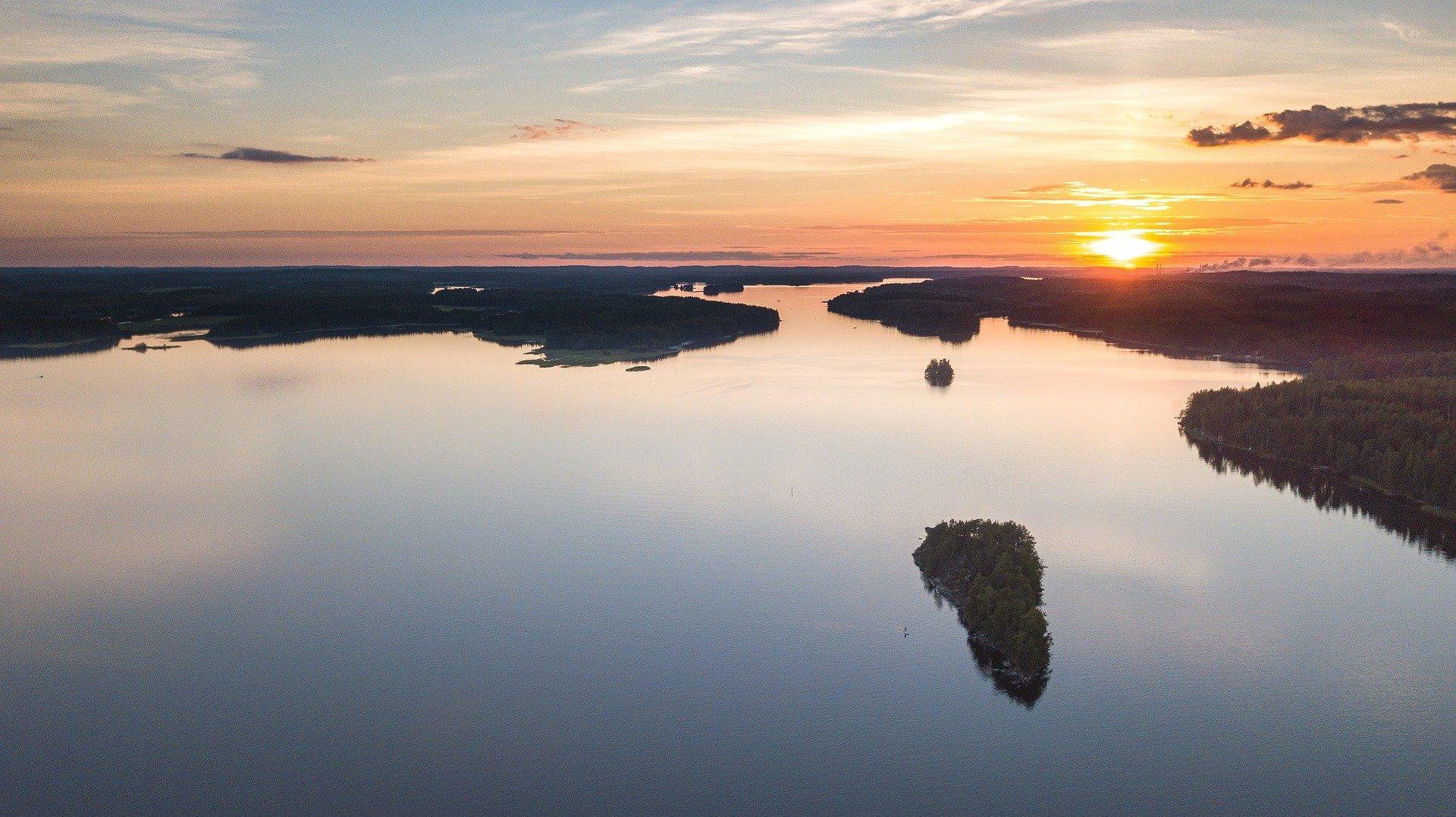
Fight nature loss and help endangered species together with Seravo
For every hosting plan sold on November 24, we will donate 10% of the proceedings to The Finnish Association for Nature Conservation.
FNAC is a politically independent organization that acts as a link between environmental organizations, takes initiative in matters relating to environment and sustainability in Finland. FNAC also participates in international cooperations. You can also make a corporate or individual donation directly on the FNAC website (donation page available only in Finnish).
Fighting Nature Loss
The IUCN Red List includes information of all endangered species globally, and currently it lists over 40,000 species. In Finland alone, one in nine species are threatened with extinction – the third and latest threat assessment in Finland was carried out in 2019. For more information on all endangered species, you can find more information on the Red List of Finnish Species online. Not all of Finland’s wildlife species are even well enough known to be considered endangered!
One of the reasons for the plight of species is the loss of suitable natural habitats. For many of us, forests are important environments for recreation and leisure, but as many as 70% of all forest habitat types found in Finland are endangered.
Among the endangered species is the willow tit (Poecile montanus). Still common in Finland in the 1950s, this bird is now critically endangered. It is dependent on the decaying wood in which it nests. The lack of decaying wood in commercial forests is the reason why many other species are endangered: only 3% of Finland’s forests are in their natural state and many rely on the decaying wood found in these environments. Protecting old forests and the restoration of commercial forests can help to prevent the extinction of the willow tit.
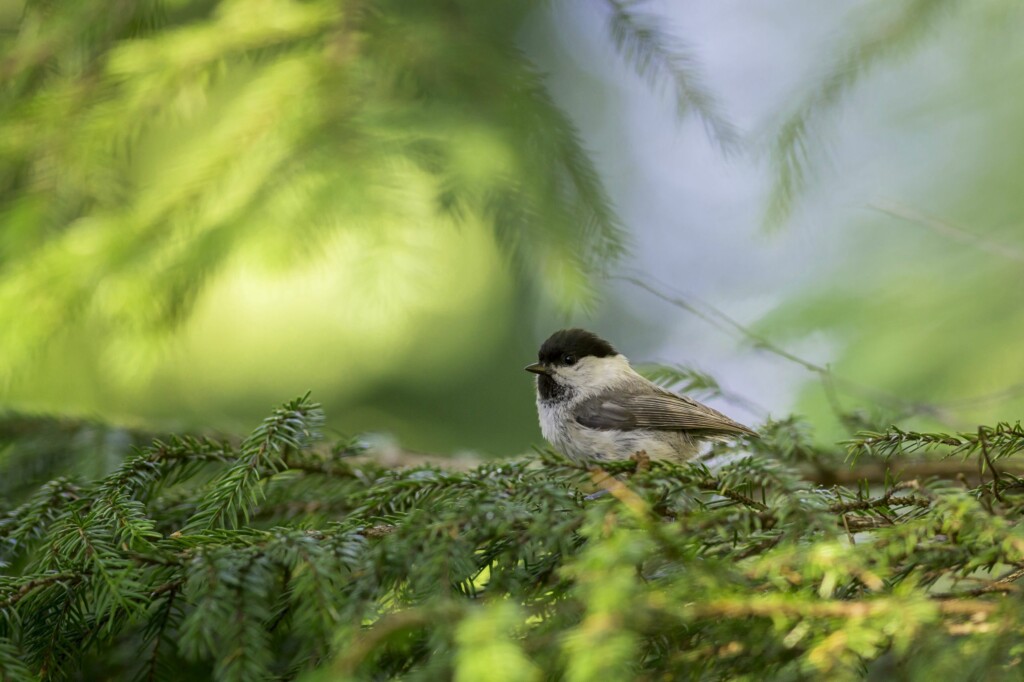
September 2023 was also the warmest month on record, so it’s important to focus on sustainable choices, climate change, biodiversity and nature loss, and think about ways how to counter it. Below are a few of FNAC’s recommended actions you can take in your everyday life at an individual level, or incorporate into your business practices.
Fight Nature and Biodiversity Loss with Acts for Nature
As an individual…
- Weed out invasive species
- Help animals in your neighborhood, for example by feeding birds and pollinators or setting up birdhouses
- Consider your consumption and recycling habits, energy sources at home and means of transport – make sustainable choices
- Favor vegetarian food
As a company…
- Support conservation and environmental protection
- Promote biodiversity-friendly legislation and decisions
- Ensure that supply chains are transparent and sustainable
- Review your company’s climate actions and think of the big picture
Green Code and Optimized WordPress
Websites are an inherently good way to make a difference and share information about things that are important and interesting to you. If they are also optimized and maintained in a way that doesn’t waste resources, this reduces server load, energy consumption and thus emissions.
Attention must be paid to the way websites are implemented for them to perform well. The main requirement for a piece of code used to be speed and efficiency – nowadays code should of course be efficient, but in addition use resources in an economical way.
When resources are used wisely, energy consumption is also minimized. That’s why Seravo wants to encourage site owners and developers to ensure that their WordPress sites are optimized. In determining a plan for a site, we don’t use bandwidth, but the amount of HTTP requests as the basis for usage and plan prices. HTTP requests are often a good indicator of whether or not a site and its code are well-optimized. A site with fewer HTTP requests will use less resources and do well with a smaller WordPress hosting plan at Seravo.
Seravo’s WordPress experts are happy to share their advice on how to optimize your WordPress site. On our blog, you will also find useful articles about WordPress optimization and how to get started. For sites hosted at Seravo, we also perform site speed and performance optimizations as a separate expert service.
Seravo’s Servers Run on Renewable Energy
Seravo’s data centers use wind and hydropower as their energy sources, which means 100% renewable and green energy. Renewable energy sources by themselves are not carbon neutral, which is why it is important to offset the company’s activities with other actions. This requires looking at the big picture rather than focusing on one single act.
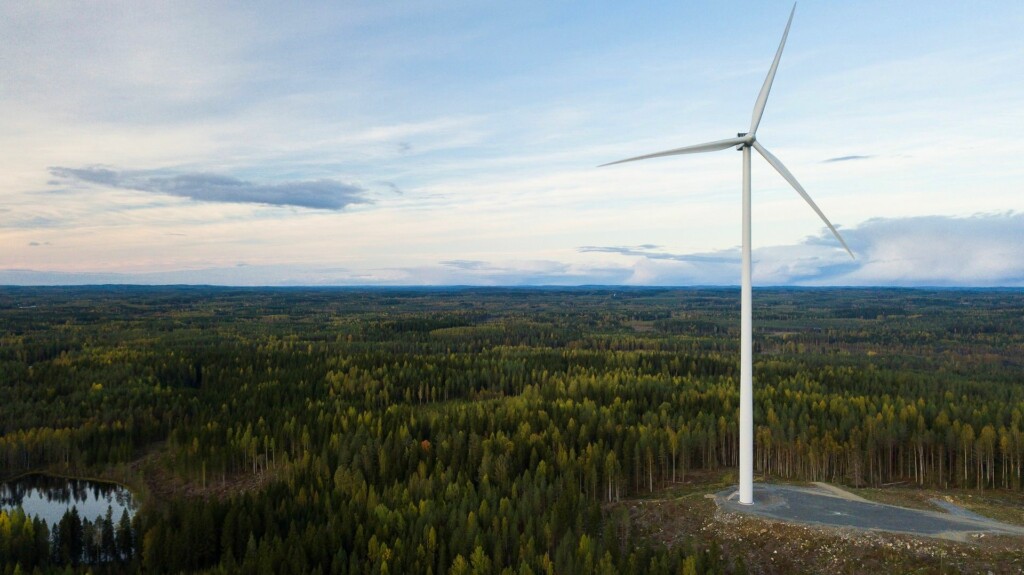
Seravo and the Climate Commitment
Seravo is part of the Chambers of Commerce’s Climate Commitment. As part of this commitment, we have pledged to be carbon neutral in 2035 – although our calculations show that we have been carbon neutral from 2019, and carbon negative from 2020. However, we joined the Climate Commitment to encourage other companies to rethink their emissions.
Seravo became carbon negative after buying a natural swamp area in Ranua in 2020. Seravo still owns the swamp, and our wish is to turn it into a nature reserve one day. The swamp habitats contain two-thirds of Finland’s carbon stocks. The critically endangered ruff (Calidris pugnax) has been spotted in the surrounding area. We hope that acts for biodiversity and the conservation of this environment type will help to expand the species’ habitat.
In 2021, Seravo employees planted a forest in Tampere as part of a joint recreation day. The growing tree absorbs carbon dioxide and acts as a carbon sink. You can view the details of the “Seravo Forest” here.
Everyday Acts for Nature
Even small things have a big impact when done together, and what would be a better setting to discuss important issues and share ideas with others than one’s own workplace?
During the autumn at Seravo, attention has been paid to waste sorting and recycling in the office space to reduce mixed waste. While electronics and sustainability are often a difficult combination, we strive to make sustainable choices, for example by ensuring that purchased equipment can be repaired and serviced when necessary.
Some Seravo employees also challenged themselves to a meat-free month in October, while our vegetarians tried a vegan diet. A Slack channel for discussing vegetarian cooking, recipes and experiences is now here to stay!
In addition, some of Seravo’s employees spend their free time growing wildflowers, weeding invasive plants, feeding birds and pollinators, installing bird boxes and insect huts, zero-waste cooking, as well as recording sightings in the Finnish Biodiversity Information Facility. Recycling and repairing things is also important for many, for example by repairing clothes or electronics. Vast majority of us (if not working remotely) use public transport to get to work. We want to encourage and support others in making sustainable choices!
